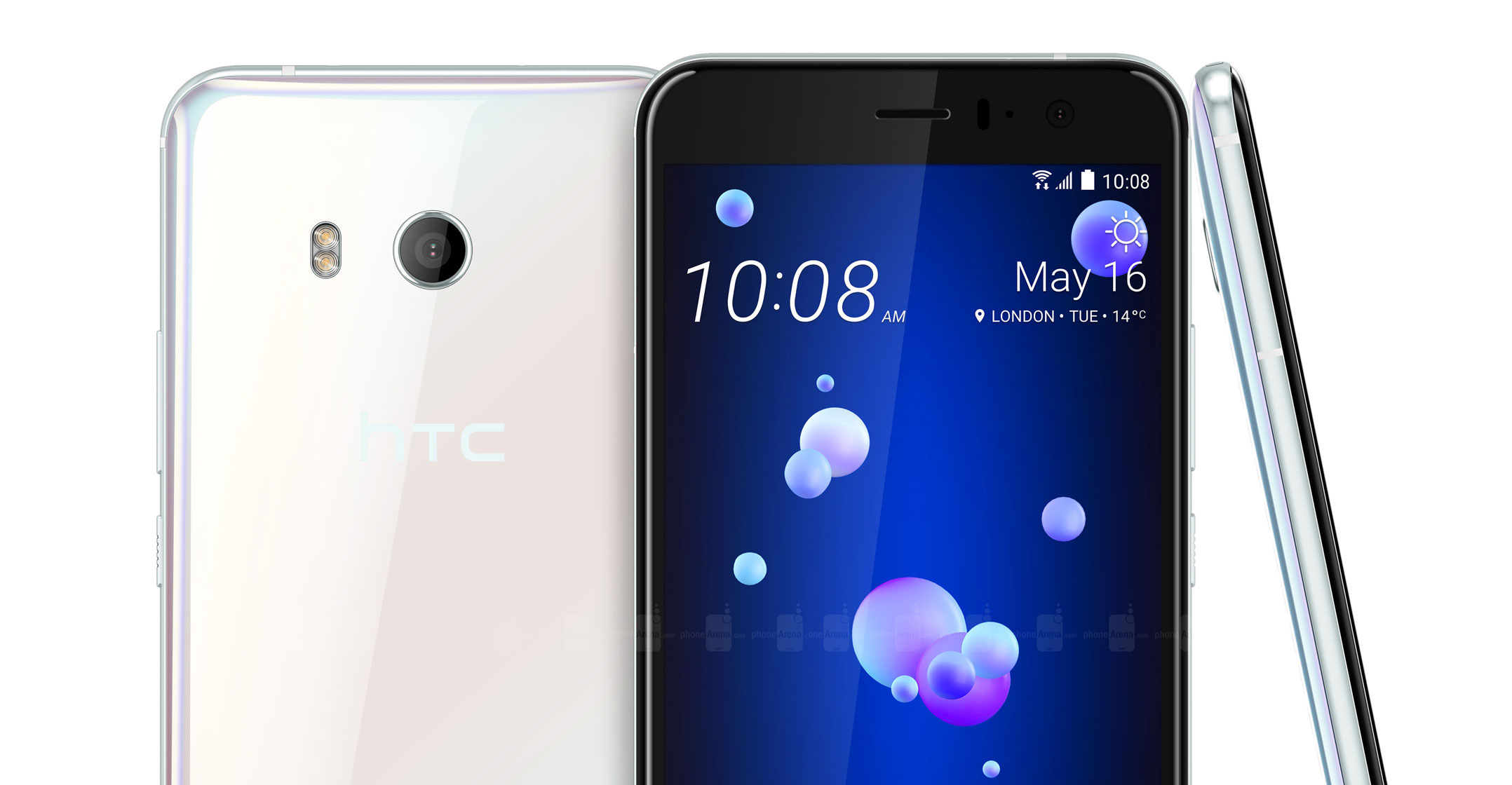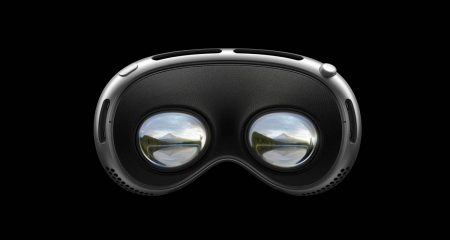
HTC, the beleaguered manufacturer that once ranked among the world’s top smartphone makers, is exploring options that could range from separating its virtual reality business to a full sale of the company, according to people familiar with the matter.
The Taiwanese firm is working with an adviser as it considers bringing in a strategic investor or selling or spinning off its Vive virtual reality headset business, the people said, asking not to be identified because the discussions are private.
A full sale of HTC, which has businesses ranging from VR to headset manufacturing, is less likely because it isn’t an obvious fit for a single acquirer, one of the people said.
No final decisions have been made and HTC may choose not to proceed with any strategic changes, they said.
Representatives for HTC didn’t immediately respond to a request for comment.
HTC’s market value has slumped about 75% in the past five years to US$1.8bn as its smartphone market share dipped below 2%.
The Taoyuan City-based firm has been attempting to refocus its growth prospects on the high-end VR business, with shipments of the Vive headset totalling more than 190 000 units in the first quarter, according to research firm International Data Corp. HTC also has a contract manufacturing deal to assemble Google’s Pixel handset.
Cutthroat market
“It’s a cutthroat Android smartphone market out there,” Ramon Llamas, IDC’s research manager for wearables and mobile phones, said in an interview, referring to the mobile operating system developed by Google.
“Apple and Samsung have made it hard for HTC to stay at the top of the market, and Chinese phone makers have made it hard for HTC to dominate the middle and low end of the market,” Llamas said.
Who might acquire HTC’s phone business is an “open question”, Llamas said. A logical buyer might be a manufacturer in China, he said.
Vive is a “different beast” from Facebook’s Oculus VR and Sony Interactive Entertainment’s PlayStation VR, Llamas said. “I am not seeing other companies really making that play, competing in that same area.”
Founded in 1997, HTC began as a contract manufacturer. In 2002, it won a deal with Microsoft to make Windows-based phones and quickly became one of the top producers globally.It also made the first Android phone in 2008. — Reported by Ed Hammond, Jonathan Browning and Mark Gurman, (c) 2017 Bloomberg LP



